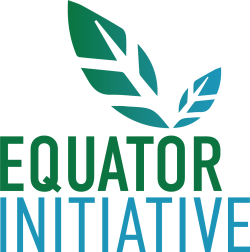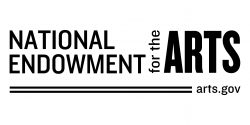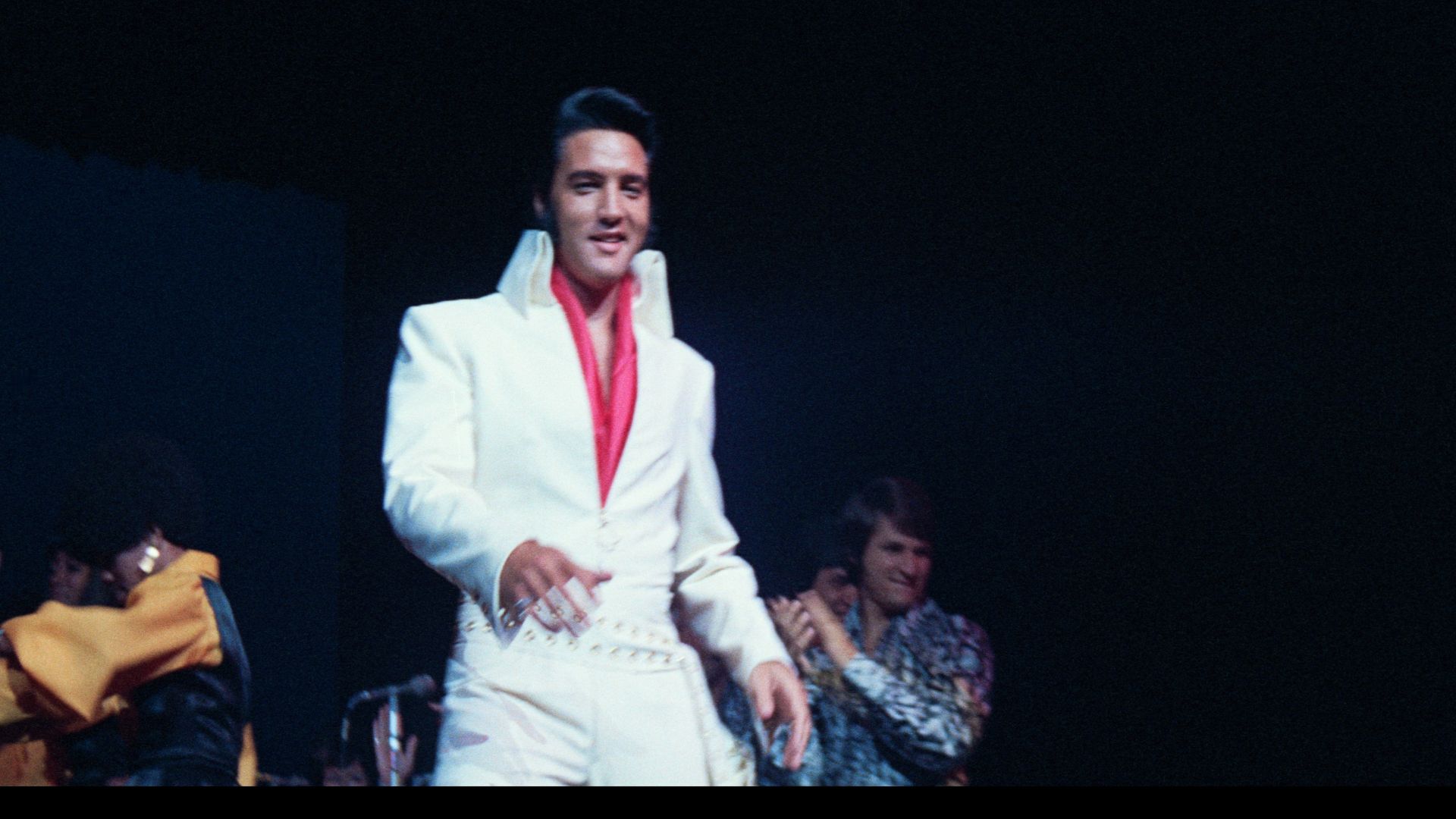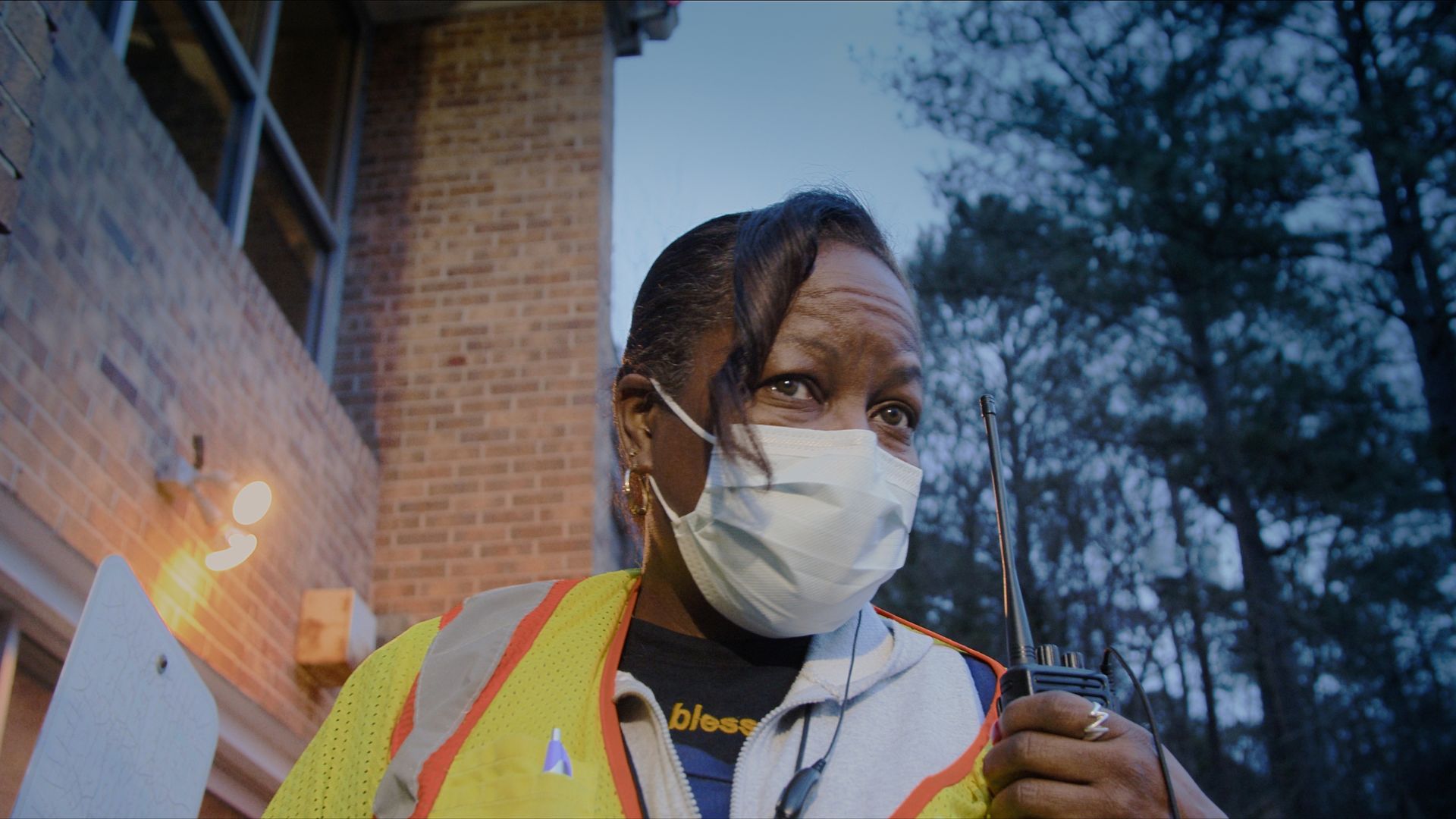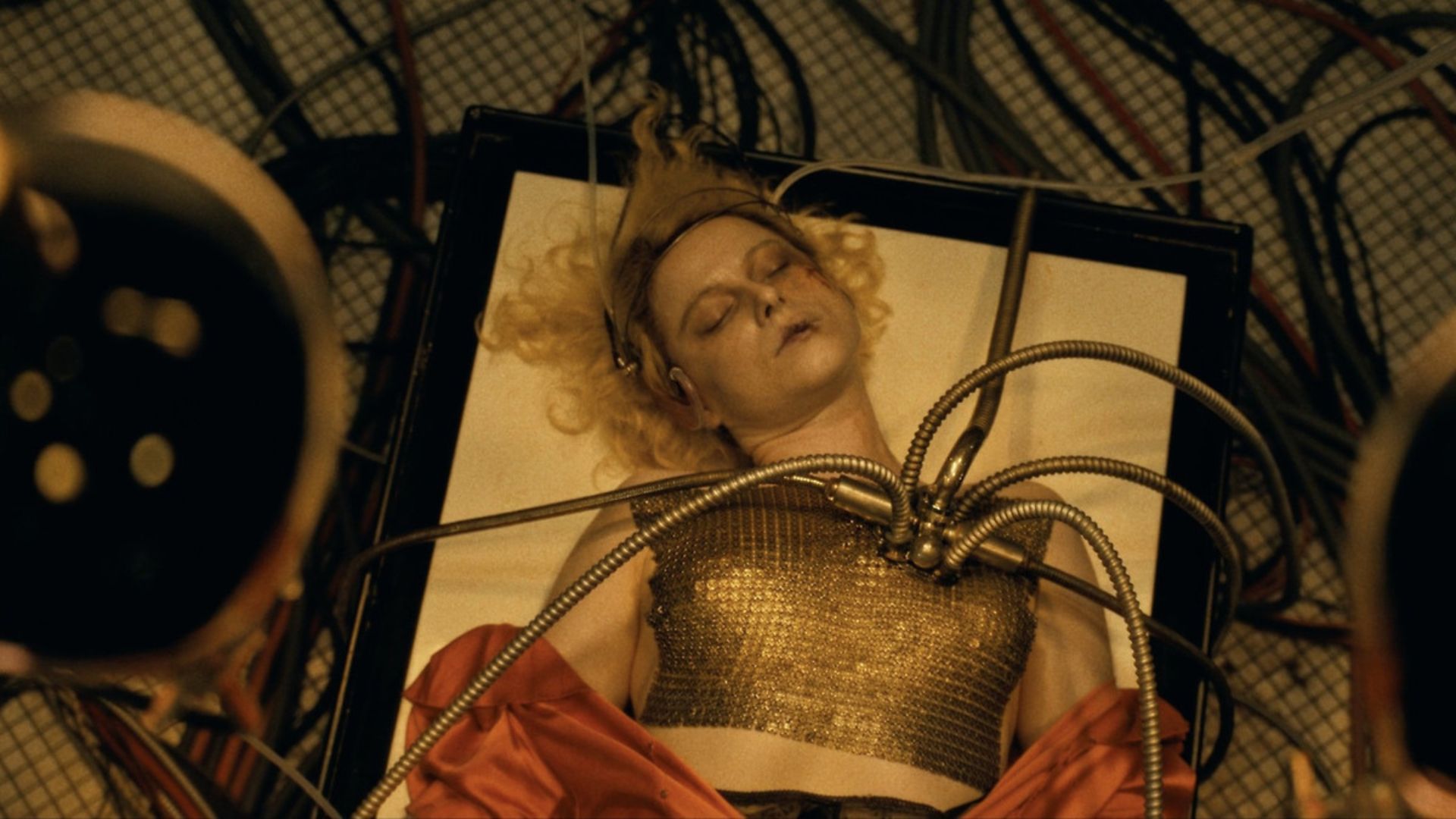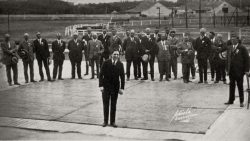The Jacob Burns Film Center is proud to partner with the United Nations Development Programme (UNDP)-led Equator Initiative to celebrate Earth Day 2024, presenting a program of short films exploring the work of the winners of the 14th Equator Prize.
Join us to learn from inspiring Indigenous leaders from Brazil and Bolivia on how we can steward and best take care of our shared and only home, Mother Earth. Do not miss this unique opportunity to hear from Indigenous leaders traveling from afar to share their knowledge and wisdom with all of us.
The UNDP Equator Initiative recognizes Indigenous peoples and local communities from around the world. These short films explore the winning organizations work, demonstrating how innovative, nature-based solutions can enable communities to achieve their own local development goals, while building community resilience, even in a time of economic, environmental, political, and public health shocks.
This year’s awardees join a network of 286 communities from 89 countries who have been recognized since 2002.
After the screening join Anna Giulia Medri, Team Lead and Partnerships Advisor for the Equator Initiative, in conversation with some of this year’s winners. It promises to be a life affirming afternoon, highlighting the power of community resilience around the world.
Arrive early! Before the screening enjoy music and stunning visuals in the theater from DJ Eric Terena. Eric Terena is a Brazilian journalist and founding member of Mídia Indígena, an Indigenous communication collective.
Presented in partnership with:
